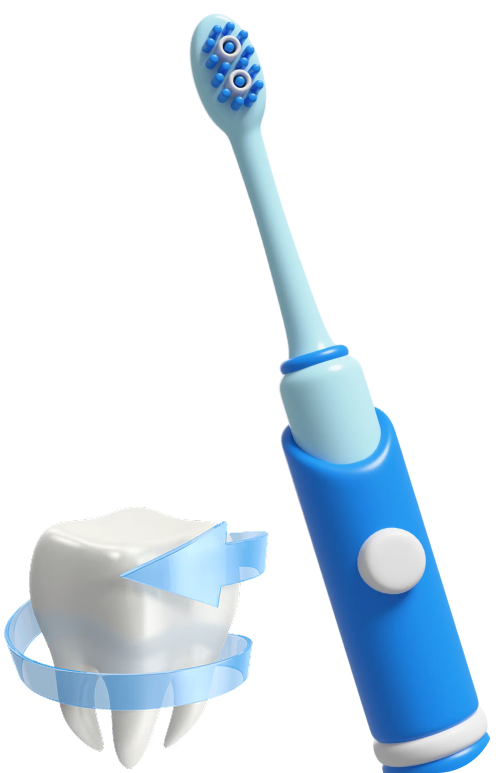Not only does smoking affect your health, but it is also one of the causes of dental problems because it has adverse effects on your teeth. Let’s look at some of the impacts of cigarettes on your teeth.
Impact of Cigarettes on Your Teeth
Cigarettes contain tobacco and nicotine, and your teeth get damaged when exposed to these substances. While some outcomes such as stained yellow teeth only require something as simple as teeth whitening, some impacts may be irreversible. The lead effects of cigarette smoking are stained yellow teeth, bad breath, and a diminishing sense of taste.
Moreover, excessive use of cigarettes can cause a low immune system that will lead to a delayed healing process for situations such a surgery recovery. It could also cause inflammation of the salivary gland opening on the mouth’s roof, leading to a dry mouth.
Smoking can also cause gum diseases, which are caused by plaque and tartar build-up. This build-up could cause tooth sensitivity and, in the long-run, make your gums detach from your teeth and cause your teeth to get loose and fall off.
In extreme instances, the usage of cigarettes can cause oral cancer. Smoking cigarettes is not suitable for your teeth and your health in general. However, if you already smoke cigarettes, you can still restore yourself. Below are some tips on smoking cessation.
Smoking Cessation
Considering smoking cessation is a step in the right direction. Some people can easily quit on their own; however, if you are struggling to quit or cut down on your cigarette smoking, there are two more options: behavioral therapy, where you will get to work with a counselor or be medicated.
With the medication option, you will have to use nicotine replacement therapy such as nicotine patches and nicotine gum; or you could opt for a remedy with no nicotine, which is always in the form of tablets.
You cannot protect your teeth while smoking cigarettes; therefore, choose to care for your teeth and avoid smoking cigarettes. You are never alone, and we will help you restore and maintain your smile.


















